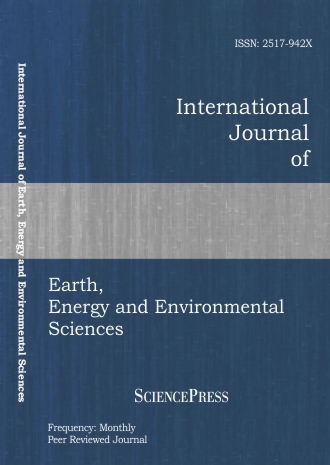
Scholarly
Volume:6, Issue: 7, 2012 Page No: 373 - 379
International Journal of Earth, Energy and Environmental Sciences
ISSN: 2517-942X
3674 Downloads
Variability of Soil Strength Parameters and its Effect on the Slope Stability of the Želazny Most Tailing Dam
The Želazny Most tailing pond is one of the largest facilities worldwide for waste disposal from the copper mines located in South-West Poland. A potential failure of the dam would allow more than 10 million cubic meters of contaminated slurry to flow to the valley, causing immense environmental problems to the surrounding area. Thus, the determination of the strength properties of the dam's soils and their variability is of utmost importance. An extensive site investigation consisting of more than 480 cone penetration tests (CPTs) with or without pore water pressure measurements were conducted within a period of 13 years to study the mechanical properties of the tailings body. The present work investigates the point variability of the soil strength parameters (effective friction angle
References:
[1] KGHM, Tailings Management Division. Retrieved Feb. 2011 from